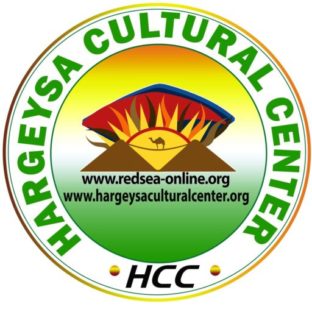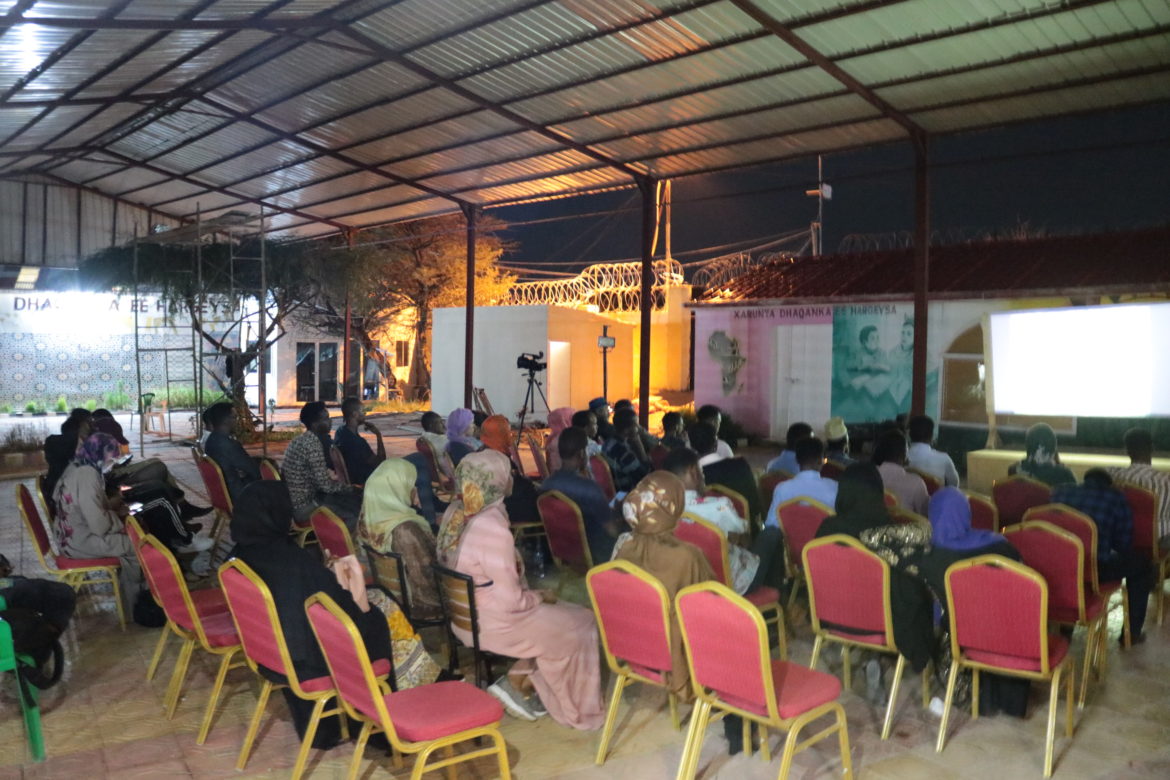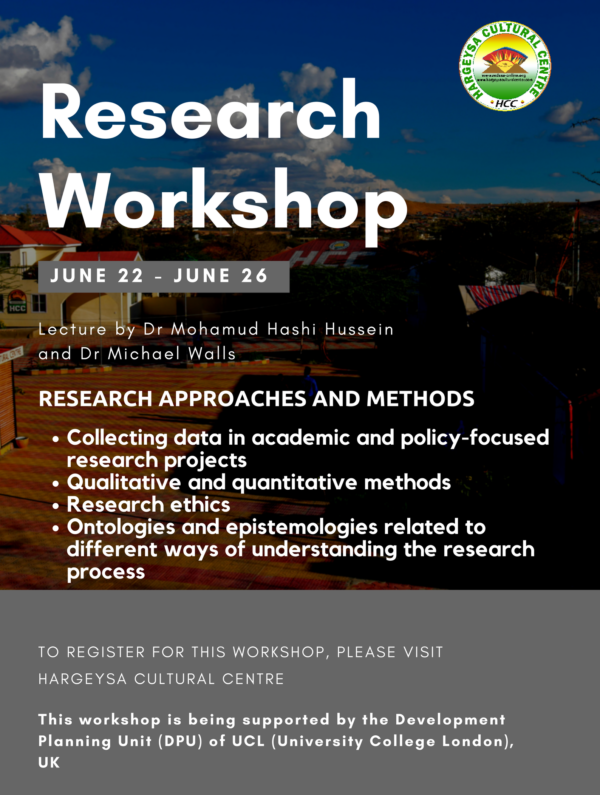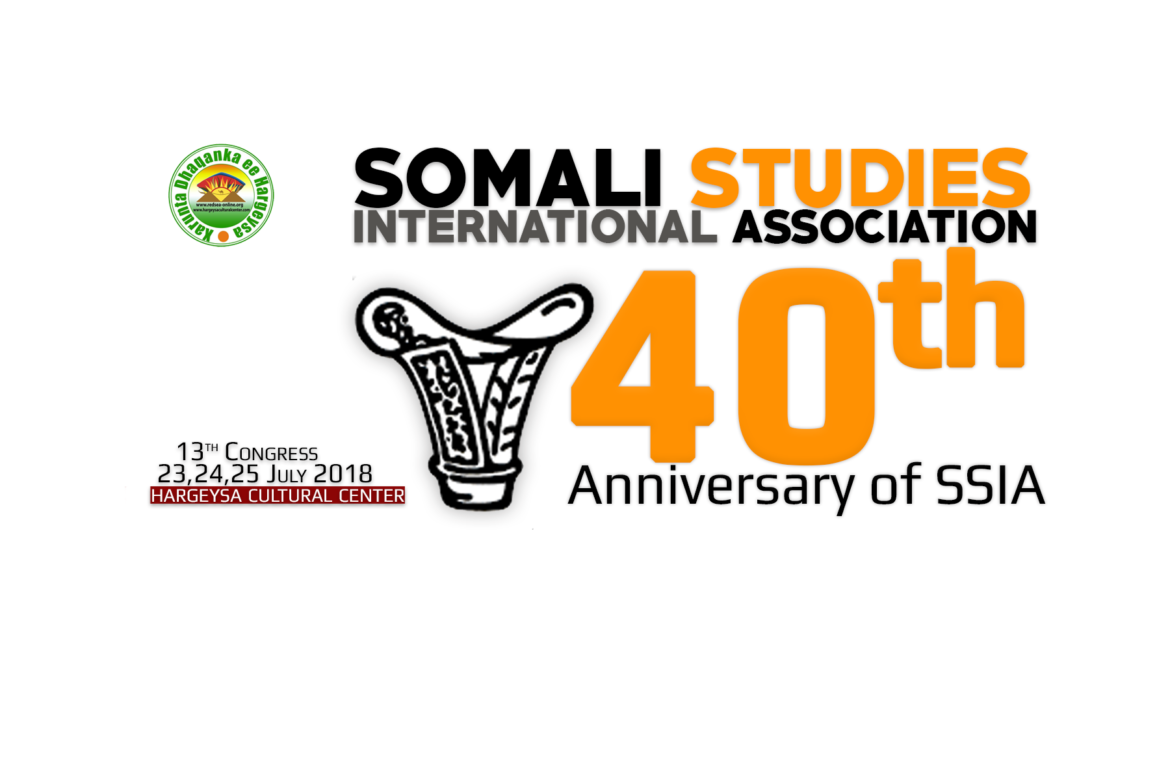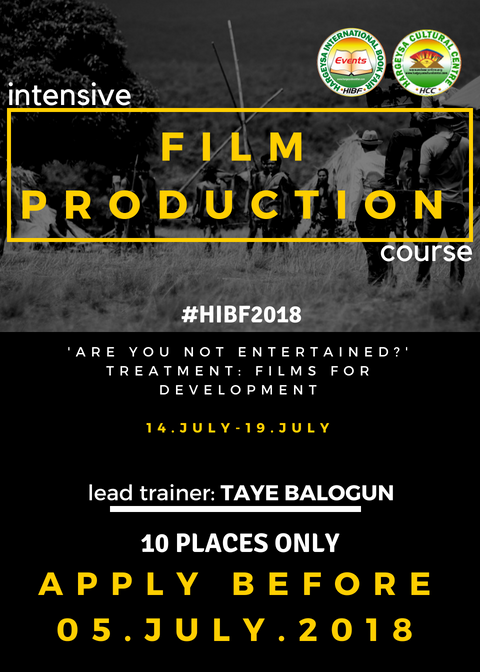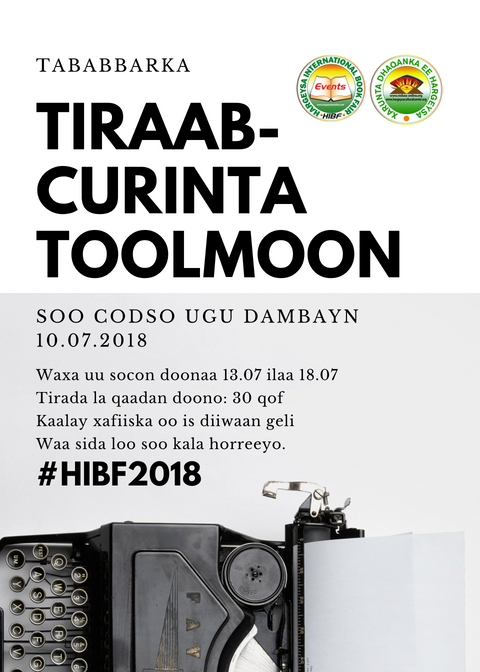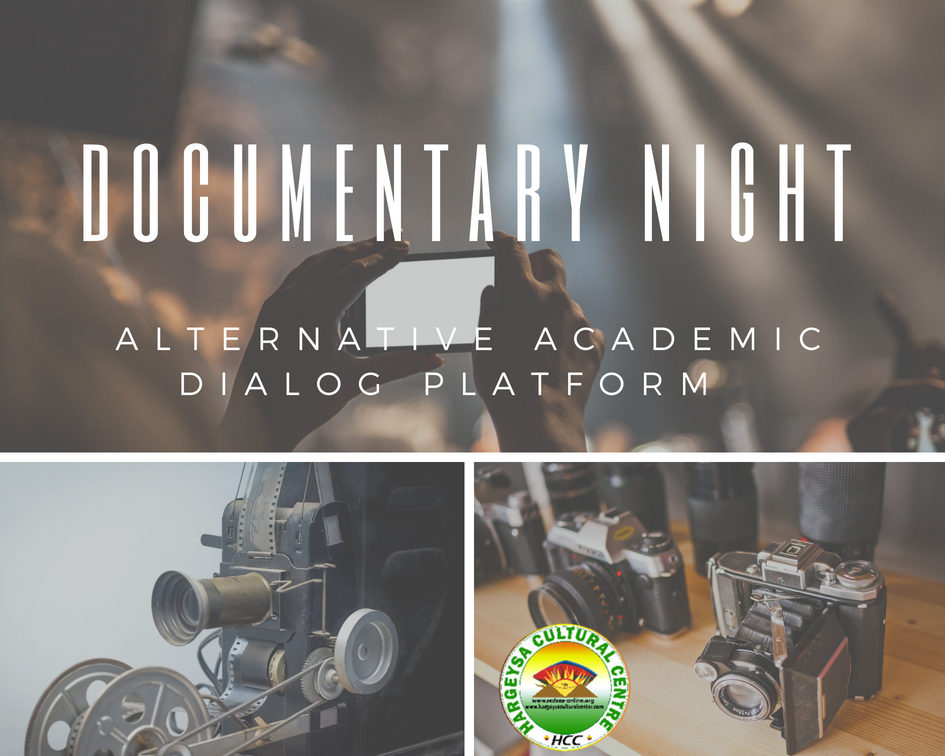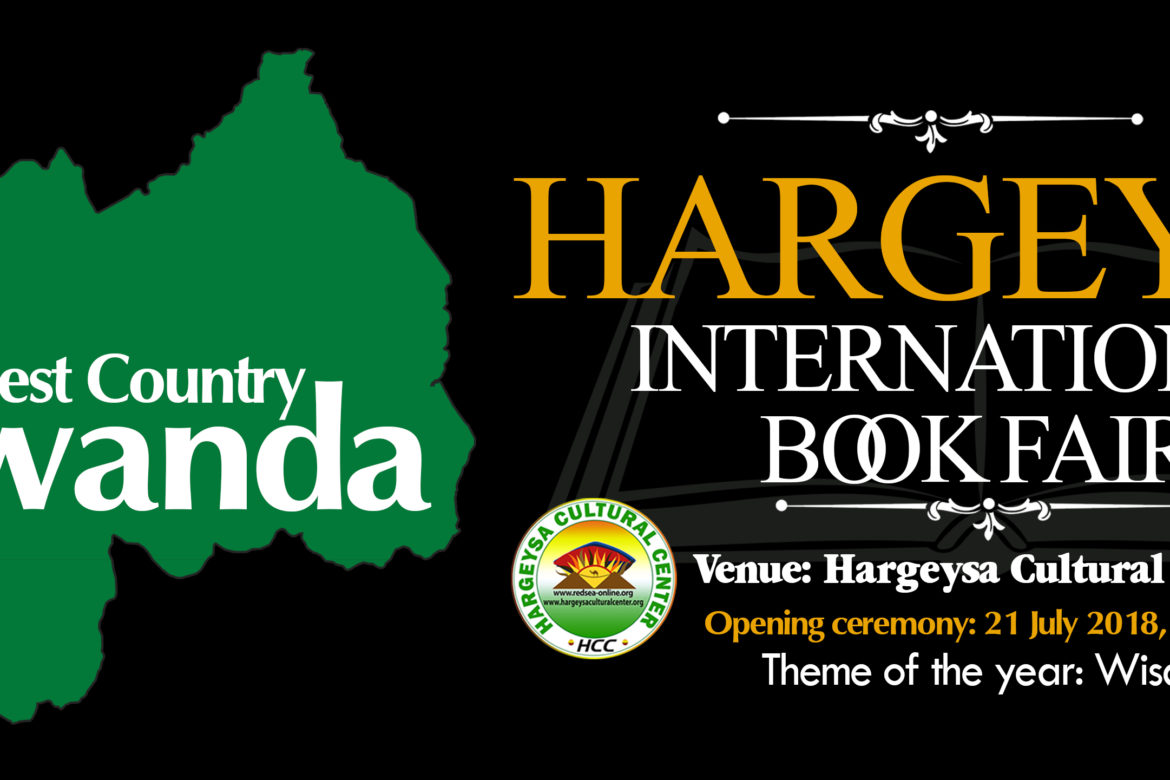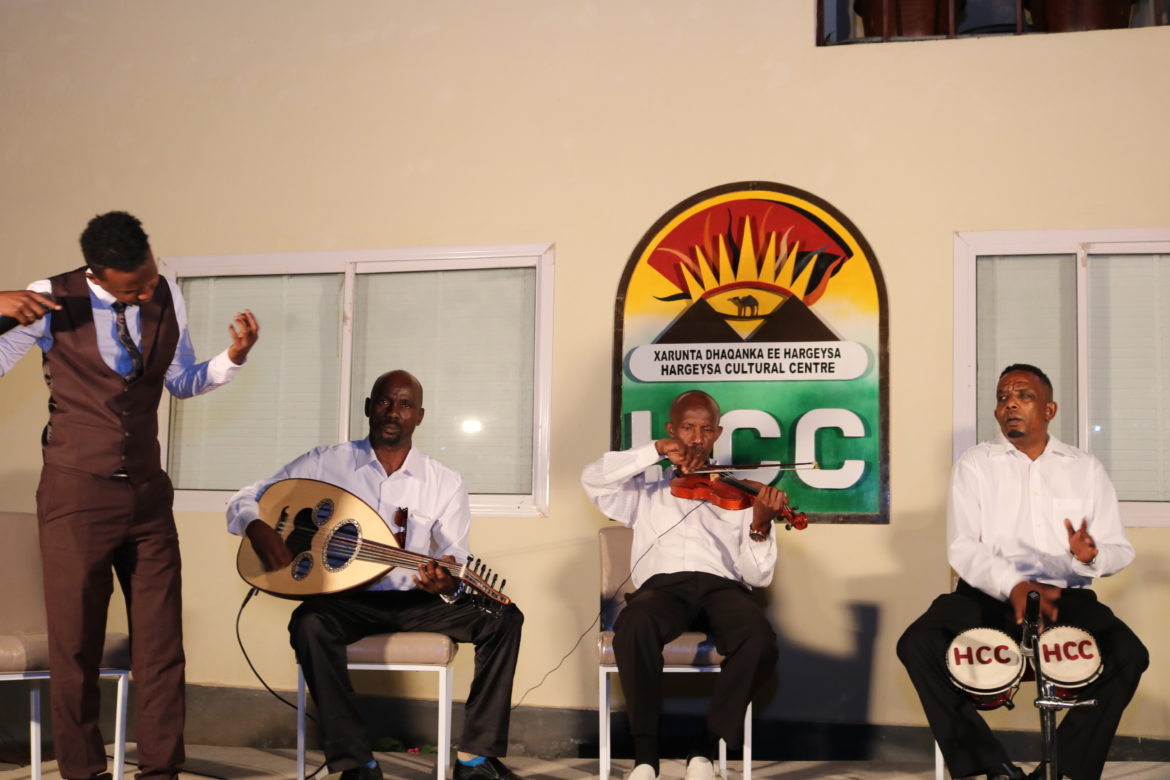‘The Africans: A Triple Heritage’ – ADIH Documentary Night
Documentary Screening of June
‘The Africans: A Triple Heritage’ By Dr. Ali Mazrui
ADIH Documentary Night
With the start of the Independence Day celebration for many nations in Africa, June shines up as a month of wish come true for many African countries specially for the Horn of Africa with Somaliland being the first to get its independence on 26th of June from its British protectorate status. Hence, what perfect timing will there be to talk about the issue of independence, indigenous knowledge and identity of Africans than this month even though the quest for answer seems a vicious circle with more than a finger count can do to answer it. Who is an African? Where are African indigenous knowledge and wisdoms? Where does Africa fit in the ever-changing global system? Many more “where” “what” “Who” and “How” for Africa and Africanness are questions been in search for answer as long as the age of the organization of the continental union which has its foundation on the dreams of the early Pan-African advocates which include leaders such as Haile Selassie, Julius Nyerere, Ahmed Sékou Touré, Kwame Nkrumah, Thomas Sankara and Muammar Gaddafi, grassroots organizers such as Marcus Garvey and Malcolm X, academics such as W. E. B.
Did we get the answers? Not yet even closer in spite of all the changes such as a name and amended vision for Organization of African Unity (OAU) to Africa Union (AU) along with the current initiatives such as African Solutions for African Problems (AFSol), establishment of Panel of The Wise (PoW) as one of the five pillars for AU and its regional organization, nothing yet seem to give a resting point for the quests. The number of people asking “do we even need to define Africanness at this day while aspiring for global citizenry?” to “What does the African Solutions for Africans Problem really stand for?” with the inseparable mix of the western and other cultures thanks to the globalization which has a tilted field structure that slides and roll down western norms more on Africans than the things it dropped on the west for countless reasons.
These were the foundations for our Documentary screening of June “The Africans; a Triple Heritage by Dr. Ali Mazrui that guided our academic discussion for the Academic Dialog in Hargeisa session. The Africans: A Triple Heritage is a documentary history, written and narrated by Dr. Ali Mazrui in the early 1980s and jointly produced by the BBC and the Public Broadcasting Service (WETA, Washington) in association with the Nigerian Television Authority. The film series premiered in 1986 on BBC and controversially on local PBS stations throughout the United States. The documentary has a central argument and narration that the triple heritage of Africans is a product resulting from three major influences: (1) an indigenous heritage borne out of time and climate change; (2) the heritage of Eurocentric capitalism forced on Africans by European colonialism; and (3) the spread of Islam by both jihad and evangelism. The negative effects of this history have yet to be addressed by independent African leaders, while the West has tended to regard Africa as recipient rather than as transmitter of effects. Yet Africa has transformed both Europe and America in the past, Mazrui points out, and the difficult situation in which Africa finds itself today (economically dependent, culturally mixed, and politically unstable) is the price it has had to pay for Western development. The series was in nine parts even though the documentary has summarized in a precise manner which are 1. The Nature of a Continent 2. A Legacy of Lifestyles 3. New Gods 4. Tools of Exploitation 5. New Conflicts 6. In Search of Stability 7. A Garden of Eden in Decay 8. A Clash of Cultures 9. Global Africa.
Using the documentary as entry point discussions were directed towards many point of interest as it touched up on a multilayered issues overthought the highly voiced issue was the state structure of Somaliland where by the indigenous knowledge of conflict resolution through the elders which now is a constitutionalized part of the state structure making the upper house of the parliament named as Guurti in parallel with the multiparty western democratic system to create the Hybrid government system of Somaliland. Questions and reflections were how much effective this has been and what are the challenges it is creating for the fundamental principles of rule of law, separation of power and accountability among many others. Participant were firm on the fact that these layers of rule and regulations that are reflection of the triple heritage Dr. Mizuri was talking about are a real reflection of the situation in Somaliland now as the Islamic rule, the western rule and the indigenous justice system all are in place hard to say having an effective marriage and are serving the best interest of the community specially the youth and women who are significant part of the society.
Stepping out of the government structure arguments, discussion was also towards even on self-depiction of a Somalilander by proxy any African who has to deal with the same issue due to the colonial legacy, the globalization system and the wish to stay loyal to the cultures and norms of the indigenous founding fathers of the African nations. How do we dress? what language we speak? and what shapes our moral value? are questions that became pandora box than gained a solution in our interesting discussion of the documentary screening.
Of course, it would be an over ambition to address these questions which have been with us for more than 50 years celebrating their power for confusion and remain a question with unpreventable changes just like the years of independence days marked by independent days of nations in the continent. Will it have answer any time soon? we leave it as a question knowing many will keep on asking themselves and use it as a critical mirror to evaluate the changes happening around them until our next socially significant documentary screening of July.
By Tirsit Yetbarek
Academic Dialog in Hargeysa Coordinator
Doing research: a workshop on research approaches and methods
Somali Studies International Association
Somali Studies International Association was established in 1978. It is an organization that has played a central role in defining the field of modern Somali Studies, and since its establishment, it has organized 12 International Congresses, and many other regional and continental conferences. Out of the 12 International congresses, only four took place in the Somali speaking territories. 40 years later, it is high time for SSIA to hold its Congress in the Horn of Africa. In fact holding 2018 SSIA in Hargeysa will enable Somali studies to reconnect with the current reality on the ground. The last time a full congress was held on Somali soil was in 2001 in Hargeysa and in 2007 Djibouti co-hosted.
The initiative would assist young Somali scholars to close the feelings of disconnect they feel with academia as whole and thereby positively encourage young Somalis to be more active and feel ownership over scholarly contributions. Additionally the legitimate subjects of Somali Studies are not necessarily Somali’s who have avenues to participate, object, contribute and debate in the Diaspora, but rather local Somali people in Somali territories that lack the academic platforms to engage with Somali Studies beyond being subjects of study. Holding it here in conjunction with state and private Universities will provide legitimacy and access to a hard reached population. Local Somali scholars are missing two fundamental things: firstly institutions to provide backing of their work and secondly the recognition and platform to showcase their work. For this reason 2018 SSIA congress will be jointly held in Hargeysa by Somali institutions and some western Universities who already work in the Somali territories to benefit key stakeholders. Please read more here.
Film Production Course
‘Are You Not Entertained?’ Treatment: Films for Development
An intensive course on Film Production at Hargeysa Cultural Centre
“Whenever am faced with this question, why Films for Development? My answer has always been – My observations became an obligation.” Says Taye Balgun, Taye is a film director/photographer, pan Africanist, activist, social justice campaigner and a teacher.
The course
There are too many entertainers across the world but not enough content to create a critical thinking, provoke minds and trigger change. As a part of Hargeysa International Book Fair pre-activities, Redsea Cultural Foundation is organizing this year at Hargeysa Cultural Centre, a film production workshop that will take the following structure:
- IDEATION: Identifying a problem. This is a simple discussion forum.
- RESEARCH: Why is it a problem? Maybe its not a problem elsewhere. How did the problem occurred?
- CONCEPT: Will our approach to the subject matter create awareness, provide solution or provoke discussion? A 360 or 180 perspective.
- FOCUS GROUP: Who are we targeting? Policy makers, NGO, Grassroots folks, Youth, Experts etc What action do we expect from them?
- STORYBOARDING: A sketchy visual narration. If you can visualise your story, you can’t achieve it.
- SCRIPTING: Creation of the flow of storyline. Put words on paper, let others read it.
- PRODUCTION: Film techniques and style of storytelling. Let the shoot begins.
The workshop will be more interactive and hands-on. Runing five full days, from 14th – 19th, the course organizers expect to have a tangible outcome: A 2 minutes video.
Biography of the lead trainer
Taye Balogun is a Film Director/Photographer, Activist, Educator and a Campaigner. From directing Broadway Musicals to feature films with special emphasis on impact production. Taye has consulted, campaigned and engaged with several international organizations/bodies {Control Arms, Water Aid, Oxfam, HelpAge, SOTU, Save The Children, African Union, UNESCO, AYICC, Amnesty International, Action Aid e.t.c} on issues ranging from Water and Sanitation, Gender Equality, Youth Empowerment, Women/Human Rights, Climate Change, Peace and Security, and Arms Control. He is the Director of Media and Campaigns of African Artists Peace Initiative (www.aapiafrica.org) – a pan African movement of Artists and Peacemakers working closely with the African Union and UNESCO. Taye is an Alumni of the UNLEASH – a global Lab on SDG’s where he advocated for quality education for all . Taye taught Acting/Filmmaking for 4 years, and presently teaches Films for Development, which has attracted an invite to present his work in Harvard University, Howard University and Georgetown University in the United States. Taye is currently working on his first book titled GUNS, GUTS & GOD and his 7th feature film titled THE BLUE KHAFTAN. www.tayebalogun.com
Other film makers who attend the Hargeysa International Book Fair and Somali Studies International Association Congress, will meet the trainees after the workshop for further improvement.
Tababbarta Tiraabcurinta Toolmoon
QORAAL-CURINTA TOOLMOON
Tababbarrada Xarunta Dhaqanka ee Hargeysa, 2018
Xarunta Dhaqanka ee Hargeysa waxa ka furmi doona tababbar ku saabsan qoraal-curinta toolmoon, gaar ahaan qaybaha maansada, riwaayadaha, filimmada iyo sheekada gaaban. Tababbarkani kuwii sannadihii ka horreeyay ayuu kaabayaa. Waana mid loogu talo galay in ay ka faa’idaystaan dadka ku hawlan qoraalcurinta, saxaafadda, ardeyda barata suugaanta iyo kuwii la mid ah.
Muddada tababbarku soconayaa waa toddobaad 13ka Julaay ilaa 18ka Julaay 2018, Xarunta Dhaqanka ayuuna ku qabsoomayaa. Waxa casharrada bixin doona barayaal ku xeeldheer qoraal-curinta toolmoon waxana, marti ku ahaan doona barayaal iyo xirfadlayaal warbaahinta ku jira oo la wadaagi doona ardeyda waaya-aragnimadooda. Siciid Saalax Axmed, Siciid Jaamac Xuseen, Cabdillaahi Cawed Cige, Saynab Aadan Sharci, Maxamed Baashe X. Xasan, Maxamuud Sheekh Dalmar, Cabdalla Cismaan Shafey, Maxamed Xirsi Guuleed, Maxamed Cali Xasan “Alto”, Dr. Jaamac Muuse Jaamac.
Tababbarku waa lacag-la’aan waxana lagu dhiirri gelinayaa dadka ku hawlan qoraalcurinta iyo kuwa warbaahinta ka shaqeeya, kuwaas oo loo kala tix gelinayo siday u soo kala horreeyaan.
Qofka danaynaya inuu ka qayb galo waxa looga baahan yahay:
- In uu yimaaddo xafiisyada Xarunta Dhaqanka ee Hargeysa oo ku yaalla Shacabka, Waddada 26ka Juun ee wadnaha Hargeysa, isla markaana is qoro.
- In uu xubin ka yahay Xarunta Dhaqanka oo haystaa kaadhka xubinnimada, qofkii aan haysanna marka uu yimaaddo ayuu is diiwaan gelin karaa.
Wixii faahfaahin ah la soo xidhiidh cinwaanka courses@redsea-online.org
Macallin Siciid Jaamac Xuseen
Hagaha Sannadkan ee Tabobbarada Xarunta
Lifaaq: Casharrada lagu baranayo tabobbarka
CASHARRADA LAGU BARANAYO:
Aasaaska qoraalka Af Soomaaliga
Hordhaca aqoonta afafka
Sugitaanka naxwaha iyo xasilloonidarrada qoraalka Af Soomaaliga
Soohdimaha ereyada iyo astaamaha hadalka kala sooca
Doorka shaqalka iyo shibbanaha
Shibbanayaasha labanlaabma iyo higgaad-sixidda kale ee Af Soomaaliga
Qoraalcurinta suugaanta
Fikirka ka dhexeeya qoraalcurinta iyo qaybaha suugaanta
Riwaayadaha, qoraalkooda iyo jiliddooda
Filimmada, qoraalkooda iyo hagistooda
Maansada iyo abla-ablaynteeda
Sheekada gaaban iyo curinteeda
Af Soomaaliga iyo farsamada cusub
Agabka farsamada cusub iyo caqabadaha hor taagan Af Soomaaliga
Agabka farsamada cusub iyo miisaanka maansada
Kaydka Af Soomaaliga: iscugashada, is-ahaanshaha iyo abtirsiimada ereyga.
Isdiiwaangelintu waxa ay xidhmaysaa Salaasa, 10/07/2018, 2:30 pm.
Documentary Nights – Alternative Academic Dialog Platform
Documentary Nights!
Alternative Academic Dialog Platform
Informative messages are packed in many different ways so as to make it well informing, interesting and out of the routine way of presentation. The growing diversification of these means of academic communication channels has proven to be successful in all aspects of human communication. It is in light of this understanding that the Academic Dialog In Hargeysa (ADIH) has set the last Wednesday of every month to be Documentary Night at Hargeisa Cultural Center. This is set as an alternative way of academic discussion the center runs every Wednesdays mainly for PhD presentations that brings PhD researchers and scholars together to share area of studies, methodologies and provide concrete suggestions for the betterment of the academic research conducted in the region.
The Documentary Nights are however different not only in way of presentation but also in terms of attendants since it is an open event that invites the general public to take part in the screening and afterward discussions. Just like the main stream presentation of PhD works that has connected, assisted and provided concrete way forwards to researchers, the documentary screening also has gained prominence and has expanded the outreach of the call for academic discussions in Hargeysa as the number of participants is increasing as the days goes by. The team behind the selection of the documentaries to be screened has made sure to keep truck of developments in the region along with the international relevance of the stories behind each documentary which sustained the event and managed to increase the participants.
The first documentary screened was the documentary film directed by Iara Lee, “K2 and the invisible footmen” which focuses on Pakistani traditional heroes of mountaineering. Amid breathtaking scenery, the film depicts the everyday sacrifices of porters and the courage of those indigenous climbers who choose to return to scale K2 in spite of past tragedies. In their striving to perfect their craft, these mountaineers provide a fresh look into the cultures and national traditions of Pakistan, a country typically portrayed in the foreign media as merely a land of conflict and sectarian strife. The aim with this documentary for Somaliland audience is in every small looking activities Somalilanders are performing, the chance that art and culture could be a tool for positive image building is the underling message.
Following this we have had several other documentaries of her under the theme of Cultures of Resistance that has art, culture and creativity for addressing the desire for change in different communities. Using her enquiry ‘Does each gesture really make a difference? Can music and dance be weapons of peace?’ In 2003, on the eve of the Iraq war, director Iara Lee embarked on a journey to better understand a world increasingly embroiled in conflict and, as she saw it, heading for self-destruction. Hence she recorded stories from IRAN, where graffiti and rap became tools in fighting government repression, to BURMA, where monks acting in the tradition of Gandhi take on a dictatorship, moving on to BRAZIL, where musicians reach out to slum kids and transform guns into guitars, and ending in PALESTINIAN refugee camps in LEBANON, where photography, music, and film have given a voice to those rarely heard, CULTURES OF RESISTANCE explores how art and creativity can be ammunition in the battle for peace and justice”. In addition to this, we were the first to screen Burkinabè Rising, the new documentary from Cultures of Resistance Films that showcases creative nonviolent resistance in Burkina Faso, a small, landlocked country in West Africa, which is home to a vibrant community of artists and engaged citizens, who provide an example of the type of political change that can be achieved when people come together. It is an inspiration, not only to the rest of Africa but also to the rest of the world.
Through music, film, ecology, visual art, and architecture, the people featured in this film are carrying on the revolutionary spirit of Thomas Sankara. In addition to profiling individual artists, Burkinabè Rising documents a festival of recycled art and interviews groups of farmers who are standing up to the encroachment of corporate agriculture. Displaying a panorama of creative resistance, the film shows how the resurgent Burkinabè pursuit of peace and justice manifests itself through cultural expression, permeating every aspect of daily life.
The biography of Malcom x with a very different perspective from what has always been talked about him; civic right advocate but the one that has shown how he has played in the history of Islam is another key documentary screened where by attendants expressed their amusement and surprise long with the relevance.
On 21 February 1965, Malcolm X was shot dead minutes before he was about to address a rally in Harlem, New York. As with the firebombing of his home a week earlier, the finger was automatically pointed at the Nation of Islam with whom Malcolm had split the previous year.
The assassination of Malcolm X spawned the Black Panther Party, and organization that represented the highest point in the civil rights movement that engulfed the US for over two decades. They took Malcolm’s message of self-defense for blacks and translated it into action. During the 1970s they became a focal point for young blacks wanting to fight back against the racist police and state in America. They inspired youth and blacks internationally with their preparedness to fight racism and police brutality. In cycle of autobiography documentary films, the ADIH team is suggestion a reflection on the life and the legacy of Malcom X, and ask –mainly young people in Somaliland- what we can learn today from the legacy of such a great leader.
Upholding its relevance and popularity the next documentary screened by Hargeysa Cultural Centre was The Corporation which is a 2003 Canadian documentary film written by University of British Columbia law professor Joel Bakan, and directed by Mark Achbar and Jennifer Abbott, that examines the modern-day corporation. The documentary was screened considering the move by China and other major Asian business corporations are competing to grab the land and to secure exclusive businesses ownership in Africa, and the African governments have no economic power, and sometimes necessary expertize, to negotiate properly. The question was how this “Pathological Pursuit of Profit and Power” can be contained while making the necessary progress in Africa? The documentary tries to give this answer to what happened in the Western countries, in particularly in the USA. What Africa can learn from this experience? Was the main talk point of the discussion that dwelt on how the multimillion companies deceive, deprive and manipulate system only to serve their interest by setting aside the Social responsibility they are expected is the longest but the most interesting documentary we have screened too.
The last for the time but the least for much more documentaries to come is ‘Stealing A Nation’ which is an extraordinary film about the plight of the Chagos Islands, whose indigenous population was secretly and brutally expelled by British Governments in the late 1960s and early 1970s to make way for an American military base.
The tragedy, which falls within the remit of the International Criminal Court as “a crime against humanity”, is told by Islanders who were dumped in the slums of Mauritius and by British officials who left behind a damning trail of Foreign Office documents.
Before the Americans came, more than 2,000 people lived on the islands in the Indian Ocean, many with roots back to the late 18th century. There were thriving villages, a school, a hospital, a church, a railway and an undisturbed way of life. The islands were, and still are, a British crown colony. In the 1960s, the government of Harold Wilson struck a secret deal with the United States to hand over the main island of Diego Garcia. The Americans demanded that the surrounding islands be “swept” and “sanitized”. Unknown to Parliament and to the US Congress and in breach of the United Nations Charter, the British Government plotted with Washington to expel the entire population.
‘Stealing A Nation’ was a Granada production for ITV. It was first broadcast on ITV1, 6 October 2004. Directors: John Pilger and Chris Martin. Producer: Chris Martin. the Stealing a nation documentary of the uppermost ignorant and abusive arrangement ever made that has wiped out a whole community from their own land just to serve the interest of the USA military base desire is a knocking thought that most significantly considering the situation we are experiencing in Africa most importantly in the horn of Africa. Djibouti being a battle field for military base desire of the super powers from each corner and the emergence of Somaliland in the port and military base sharing space is what triggered the desire to screen the documentary which clearly served the interest. The participants’ reflection on all the documentaries screened is magnificent as it has opened a heated debate every time we have it. the bilingual language use system we employ on this open conversation day (Somali and English) also has served the purpose of including everyone that attended the screening and be able to express their understanding and questions to be discussed together without language limitation.
This way the academic discussion with a different platform has managed to attain its objective of creating a platform where academic discussion with a well-founded data is developed here in Somaliland.
Shaqo Bannaan – Job Announcement
JOB ADVERTISEMENT
ASSISTANT LIBRARIAN
Title: Assistant Librarian
Reporting to: Head of the Department of Archive Job Type: Part-time
Duty Station: Hargeysa Duration: 1 year (renewable)
Organizational Background
Redsea Cultural Foundation (RCF) is an art organisation based in Somaliland that has the aim of promoting reading and creative writing in Somaliland with a particular focus on youth. For the last ten years, RCF has been organising an annual international book fair in Hargeysa, the capital of Somaliland. The HIBF has grown into the largest literary festival in East Africa, attracting up to 10,000 participants each year and writers from across Africa, as well as Europe and the USA. In 2014 RCF opened a permanent cultural centre in Hargeysa, extending the activities of the book fair throughout the year. RCF is recruiting a very motivated and talented candidate, and hereby announcing a new position for Assistant Librarian.
Position details: responsibilities
- Library Management
- Librarianship and Information Management fundamentals and concepts.
- Practical’s – shelving, library classification systems, reference queries
- Practical on automated system (KOHA system is preferred but not necessary requirement)
- Library Knowledge
- Processing of information resources
- Accessioning of library resources
- Cataloguing – standards and different types
- Library Automation
- Indexing and citation
- Collections’ development policy
- Digital depositories
- E-information sources
- Open access resources
Candidates with IT background are desired.
What we’re looking for
- Strong and effective communicator, both written and verbal, with excellent interpersonal skills.
- Ability to work independently, as well as maintain a positive working relationship with other staff.
- Flexible, gentle and willing to learn and improve.
Application Procedure
Interested candidates who met the above criteria should send updated applications letter (motivate your interest to get this position and submit in Somali or English or Both), CV and at least two professional references with contacts to recruitment@redsea-online.org not later than 12:00AM of Saturday 21th April 2018 or personally deliver to Hargeysa Cultural Centre, 26 June Street, No. 2, Sha’ab Area, Hargeysa by 06.00PM. If you do send it by email, and you do not receive a notification email, please call 063 3628220 or 065 9853666 for confirmation before the deadline. Please indicate “Assistant Librarian’’ in the subject of the email.
Only short-listed candidates will be contacted. An identification ID will be needed for examinations. The successful applicant starts to work from the 1st of May 2018.
REDSEA CULTURAL FOUNDATION IS AN EQUAL OPPORTUNITY EMPLOYER
11th Hargeysa International Book Fair
11th Hargeysa International Book Fair – 21-26 July 2018, Hargeysa, Somaliland
We are pleased to announce that the Hargeysa International Book Fair (HIBF) will held 21-26 July 2018 in Hargeysa, Somaliland. Last year, we celebrated the festival’s 10th anniversary with our chosen theme of Connectivity, this year we start the next decade with our theme of Wisdom. As an organization we have always sort to promote a “connected, open, creative and tolerant society led by wisdom”, and not by emotions; a society that has survived within its own mechanism, culture, heritage and knowledge production. From the 9th century BeytulHekmi (or Dar’ulHekma) in the Islamic Golden Age in Bagdad to the Somali wise men and women who guided the society in the traditional judiciary system, and who governed with authoritative leadership, the virtue of having wisdom as attribute, always gave few people a distinguished mandate to lead. What happened to that virtue? Who are our chosen vanguards today? What do the literature, the traditional oral poetry and arts had to do with the wisdom? Are men of literature loosing their appeal? Do the radical transformation of the Somali society in the recent time deteriorated the essence of wisdom of the ordinary people? These are the questions that we will seek to answer collectively.
Intertwined with this, HIBF2018 will be hosting Somali Studies International Association 22-24 July 2018 (SSIA18), with Somali knowledge production filled by foreign people (something we often ignore) during a period of difficulties of war – it is important to consider how that factor changed Somali literature and how with a young Somali scholars emerging once again to claim their space within Somali knowledge production- this yet again will change and shape our understanding.
Last year we had the privilege of hosting South Africa as our guest country- this year we will welcome Rwanda, a country which less than three decades ago was embroiled in horrific genocide, but which has reemerged as a proud, progressive and leading country in Africa. Rwanda is also reclaiming its narrative and knowledge production and we are pleased to welcome writers, poets and film-makers, but also policy makers and influential people that shaped the recent history of Rwanda. The parallel between Somaliland’s own difficult recent history and road recovery are many- and with Rwanda’s president Paul Kagame elected as the 2018 chairperson for African Union, it seems that their futures are also intertwined.
We look forward to welcoming each and every one of you to Hargeysa International Book Fair 2018.
Dr. Jama Musse Jama
Director,
Hargeysa Cultural Center
20th March 2018
Academics married with Art
February has a special place in the hearts of Somalilanders specially with young and change seekers are the center of attention for all of the activities in Hargeysa Cultural Center most importantly for the Academic Dialog Session. Looking forward for the celebration of Somaliland youth day on February 20, we Started the month with the session on “Migrants on the Margins: a research project of the Observatory of Conflict and Violence Prevention (OCVP) an institution that is serving as a member of international research partners to the Royal Geographical Society’s Field Research Program that is under way in collaboration with researchers from UK Universities (Sussex, Durham and School of African and Oriental Studies at University of London) to investigate the vulnerability and opportunities of internal migrants from rural and pastoral areas of Somaliland. The research focused particularly on refugees those who are living in three Internally Displaced Camps(IDPs) in Hargeisa (Statehouse, Digaale Camp and Camp A). This three years field research project is simultaneously taking place in four of the world’s most pressured cities, including Hargeisa(Somaliland), Harare(Zimbabwe), Colombo (Sri Lanka) and Dhaka(Bangladesh) with the hope to draw on systematic and comparative data on how these patterns and management techniques vary from one city to another.
To present the research’s current status along with basic findings and methodological aspects, we had Dr Laura Hammond (SOAS) and Dr Benjamin Dix (Positive Negatives, an arts-based company working with the project) along with Ms. Ayan Yousuf (OCVP). The objective of the research is to understand the experiences and challenges that the displaced face in moving into the city and trying to find sustainable livelihoods. The research also considered the challenges faced by municipal authorities in responding to this issue.
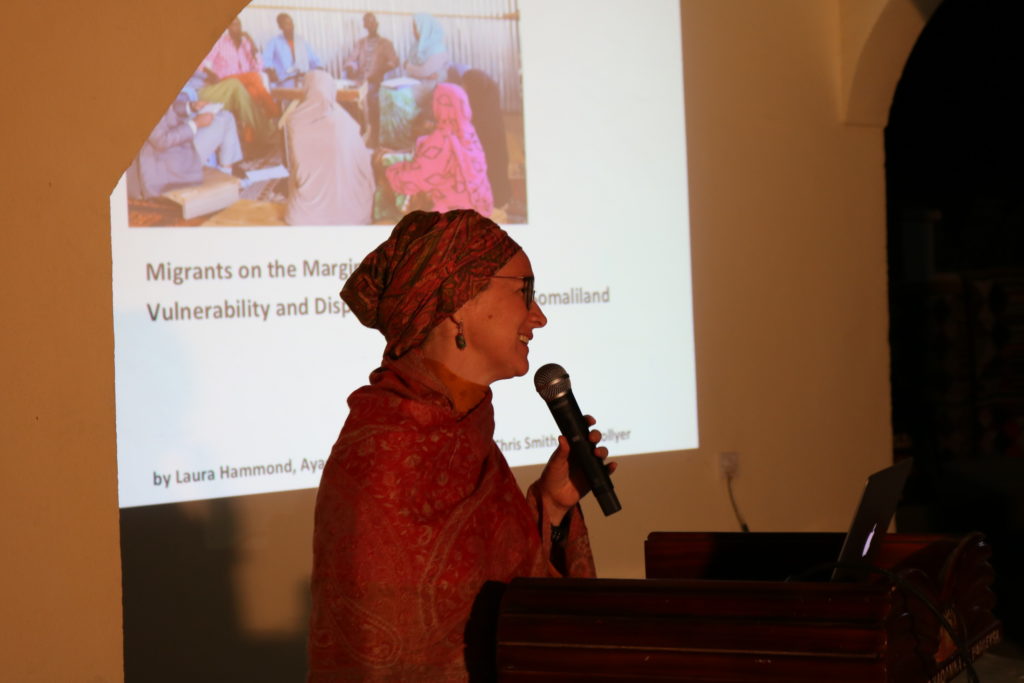
As a background and basic findings, the researchers presented that Hargeisa city has nearly one million inhabitants and its economy is mainly dependent on remittance and livestock export. Indicating the fact that the local authority is also struggling to improve the city’s infrastructure and public services which are either absent or in a poor condition, cyclic droughts in the country is stated as a factor that further complicated the situation and have forced many rural and pastoral communities to move to the city in search of survival. The researchers further elaborated that whenever there is drought in the country there are new arrivals, who often find themselves in informal settlements. The three sites house IDPs who are mainly from rural and pastoral communities, but the camps differ in proximity to the city Centre, access to services (including water, education, transportation and work), time of establishment and population which made the challenges faced by the IDP to vary accordingly. The State House, established in 1991, is believed to be the oldest IDP camp in the city, housing 4,500 families at the Centre of Hargeisa. In contrast, the newer Camp A looks like a temporary camp: residents live in simple huts of plastic and old cloths with the hope they will be resettle in a permanent location. Finally, Digaale camp, established in 2012, has an estimated population of 900 families and is located 6km outside the city. Unlike the other two camps, the residents live in permanent metal houses built with the support of the Norwegian Refugee Council (NRC) and Danish Refugee Council (DRC).
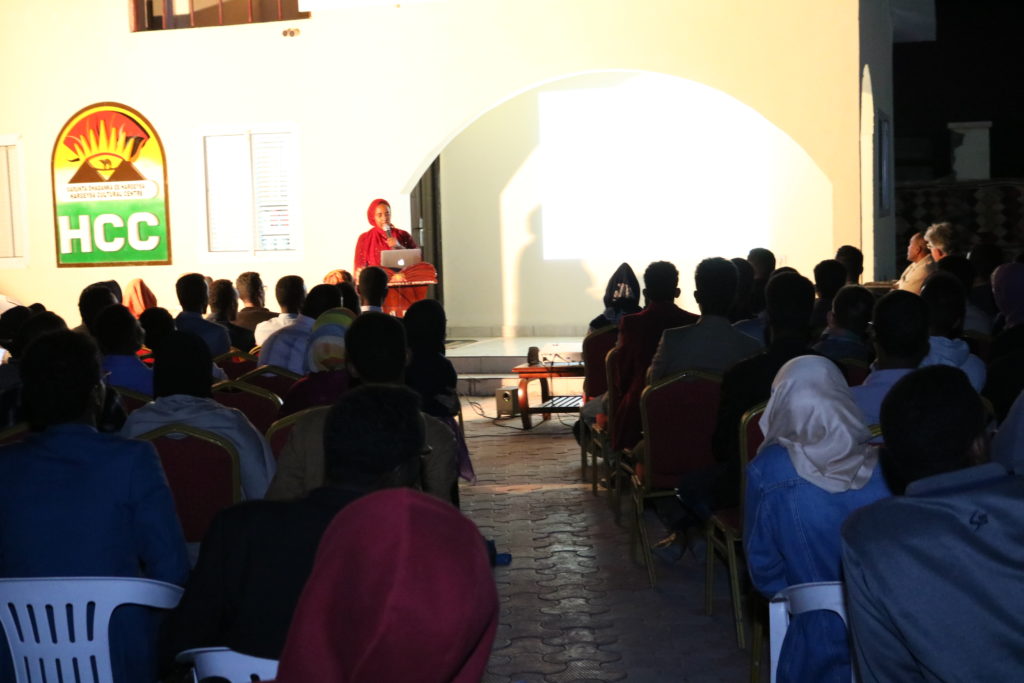
On the aspect of the research methodology, the research is using the Q methodology which was devised to allow an individual to represent his or her vantage point for purposes of holding it constant for inspection and comparison. The key to this approach is to consider data in terms of the individual’s whole pattern of responses, a self- reference rather than looking for patterns among people. People and not tests are the variables is the fundamental perspective of the methodology (McKeown & Thomas 1988).
With this methodology, participants are asked to decide what is meaningful and significant from their perspective by using a Q-sort. From this process an essentially relative set of evaluations is produced. The data from several people are then factorially analyzed; this reveals groups of individuals who have ranked characteristics in the same order. This was explained by Ayan Yusuf the senior researcher of the local partner who further stated that they followed the principle to have an appropriate set of statements that come from the concourse that exists around the issue under consideration, as these are the essence of the subjectivity that will later emerge from the sorting of statements by the participants in addition to making sure that the statements used in Q methodology to be representative of the topic so that there are statements that people can agree with and statements that people can disagree. The other aspect of the research which is expected to have unique presentation is that the statements collected and agreed by the informant on the bases the Q-sort method will later be presented as a story line. This was explained by Dr Benjamin Dix from Positive Negatives, an arts-based company working with the project who has been using comic art as a way of presenting research outcomes.
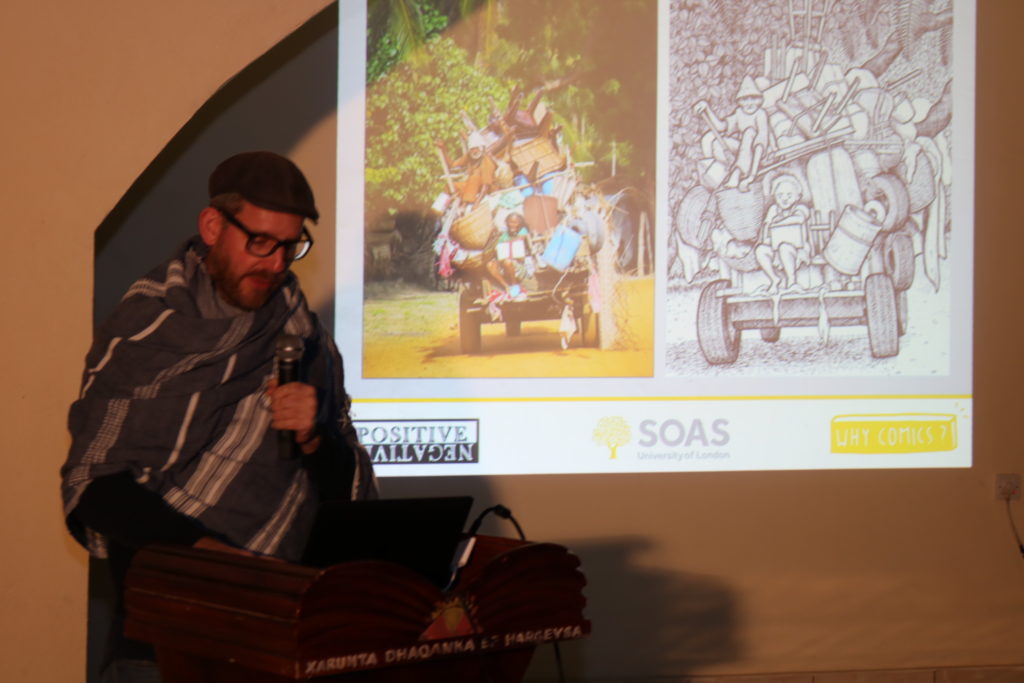
As the research is a work in progress, findings in a generalized form were not part of the presentation. However, the methodological uniqueness and observational issues were part of the follow up questions and discussion. The night also had another mission of providing information on the MSc scholarship at SOAS explained by Dr. Laur Homound the leading coordinator of the scholarship which was an interesting point for the young Somalilanders who has become a major participant of the platform.
The Issue, The Day and The Presentation
Our second presenter for the month was Ebba Tellander a Doctoral Researcher at Peace Research Institute Oslo (PRIO) and International Institute of Social Studies in the Hauge (Erasmus University Rotterdam) whose PhD project focuses on civic mobilization in Somaliland’s recent history.
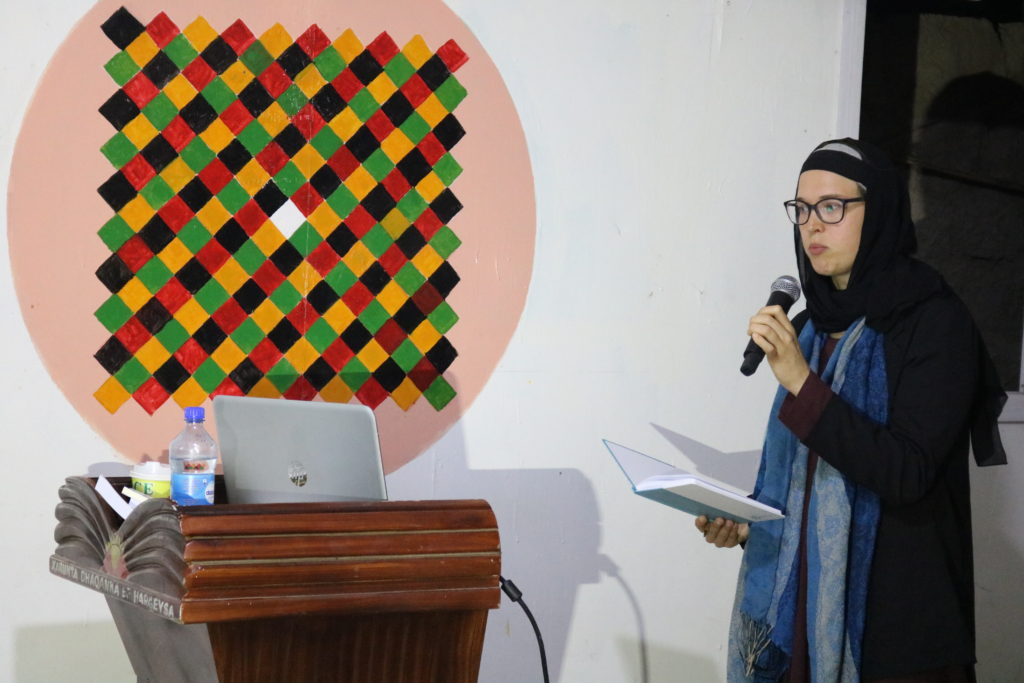
Her research is affiliated with the Societal Transformation in Conflict Contexts project, funded by the Norwegian Research Council. She was a Researcher at the Social Dynamics Department and a Communicator at the Communication Department at PRIO. Her previous research focused on the role of the Somali diaspora in Norwegian foreign policy towards the Somali region. Even though she is in her initial stage of her research work, the topic she is working on has managed to pull in many issues and aspect in Somaliland. It couldn’t have been in a better timing to talk about her research area as Somaliland National Youth Day is commemorated every year on 20th of February in remembrance of the youths who play a huge role in the ongoing development in the country. More specifically the researcher is taking the UFFO group as her case study owing to the fact that those youths who were all locally educated initiated a volunteerism program at the Hargeisa Group hospital under the banner of UFFO with the objective of creating sanitary conditions at the then northern Somalia main health facility. This was as struggle and resistance against the then Somalia dictatorial government of Mohamed Siyad Barre who in the 20th February of 1982 arrested and sentenced to death a number of youth in Somaliland that escalated to crackdown by the dictator’s forces accompanied by security agents from the National Security Service-NSS elicited anger by local youths in Hargeisa through unprecedented protest demonstrations. It is in honor of UFFO members and their activities that stimulated resistance to Barre’s oppression by ordinary locals, the government of Somaliland declared 20th February as a national youth day. This is how the presentation of Ebba intertwined with the commemoration as her research is aspiring to investigate peace development through volunteerism-based resistance movement. The feedback from the youth association members who were attending the discussion along with UFFO members themselves enlightened the academic dialog and assisted the researcher to obtain a more digested foundation for her work progress.
Double Celebration for the month
February went more interesting considering the third week dialog session which was held on the commemoration of the International Mother Language day whereby we lunched the first Somali language audio book a translation of “We Kissed the Ground” a dramatic firsthand account of a migrant’s journey from Somaliland to the Mediterranean published by the Rift Valley Institute in 2017.
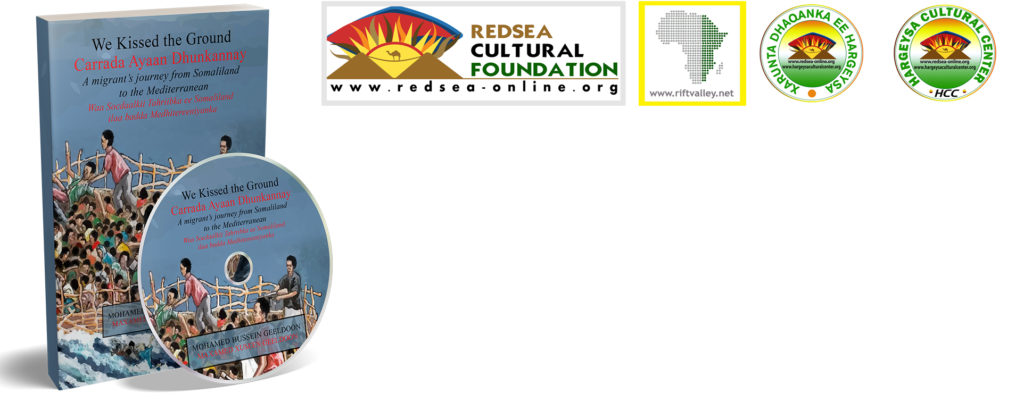
We also had the launching of Dhaxalreeb (1st issue of 2018) our quarterly bilingual magazine (English and Somali) that will serve as another platform to provide literature, academic dialog and traveling information about Somaliland as you are reading it now. Music performance was also part of the entertainment educational structure of the event.
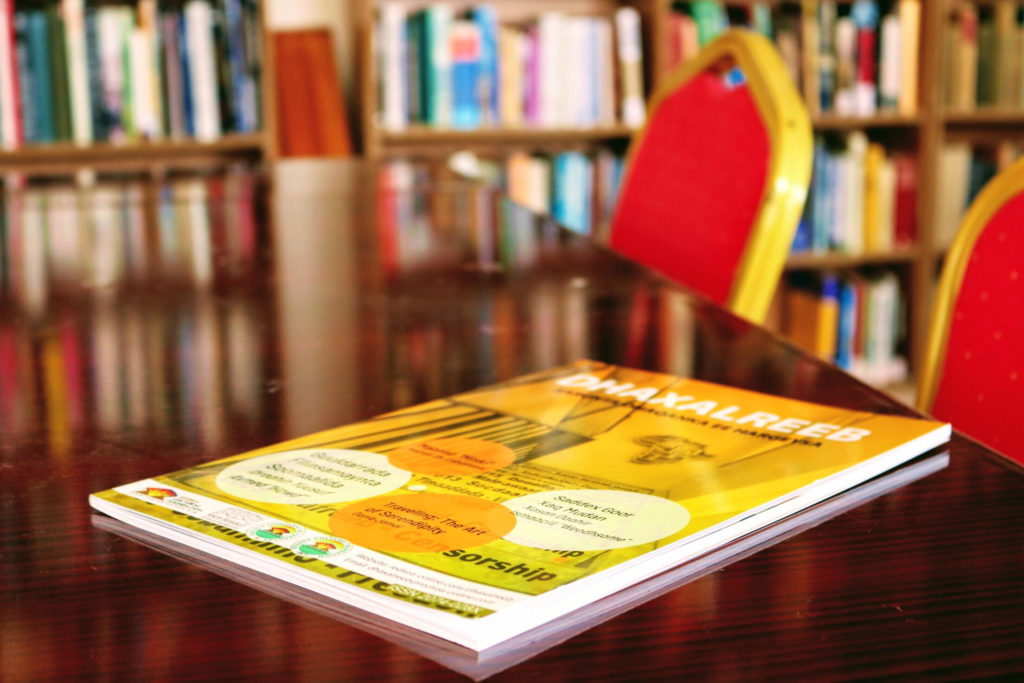
Concluding the month with the thought provoking documentary of The Life of Malcolm X which has a dimension that has not been given much attention.
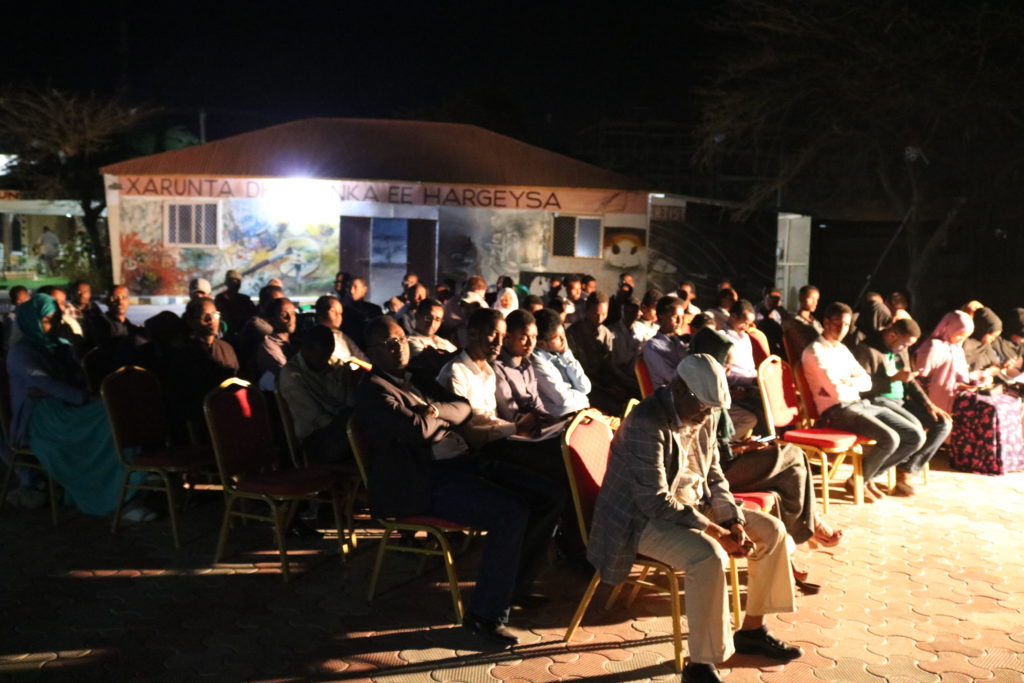
The documentary presents how Malcom X played as one of the influential Muslims. The platform has once again served its intention of linking scholars from all corners of the world who has taken Somalia, Somaliland and Horn of Africa as their area of interest with a strong sense of developing academic discussions in Somaliland lead and owned by local scholars and youth. It is not a surprise then that we have grown to 258 people in our mailing list which we are certain will grow more. The attendance by young Somalilanders who the vibrant voice of the discussion are assures the sustainability of this platform as they will be the next presenters with the rising academic aspiration they have. Well with such a celebratory mood of the month of February that shed a light on the academic discussions we had, we are looking forward to the coming presentation with open hand and heart to anyone who is heading to Hargeysa Somaliland to join our sessions be it as presenter or an attendant.
Note. Please notify us if you or anyone in your academic circle is heading to Hargeysa so that we can set a time table for them to be part of the presentation sessions. info@hargeysaculturalcenter.org or tirsit.yetbarek@redsea-online.org
